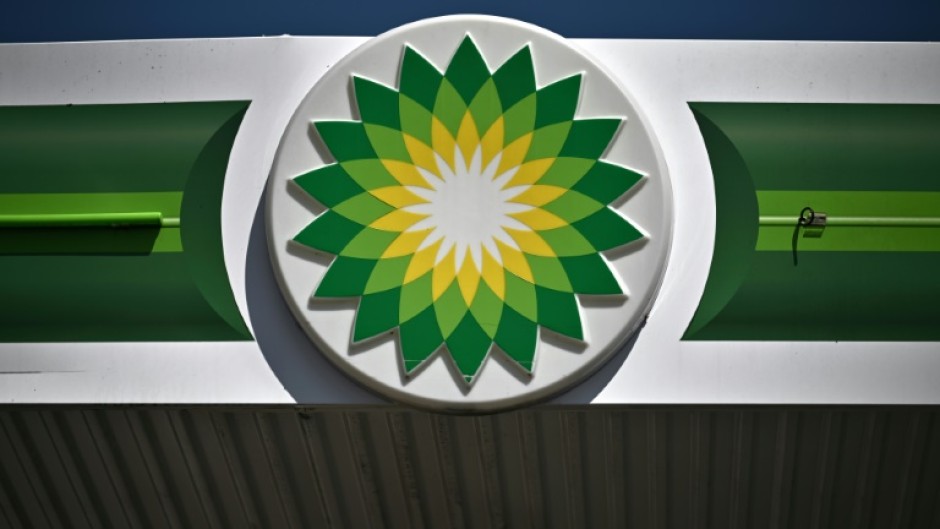
LONDON- BP has agreed to buy US renewable gas producer Archaea for $4.1 billion to help the British oil giant reach net zero carbon emissions by 2050, the pair said Monday.
The London-listed energy major is flush with cash after recent surges in oil prices that have triggered calls for the cash-strapped UK government to massively enlarge a windfall tax on British energy giants.
Chief executive Bernard Looney said in a statement Monday that the acquisition of Archaea would create "a real leader in the biogas sector, and support our net zero ambition".
Houston-based Archaea produces renewable natural gas equivalent in amount to about 6,000 barrels of oil per day.
BP will pay $3.3 billion in cash plus around $800 million in debt, while the purchase remains subject to regulatory and Archaea shareholder approvals.
The UK energy titan is attempting to pivot towards cleaner fuels to help tackle climate change.
In June, BP said it was taking a 40.5 percent stake in an Australian energy project being billed as one of the world's largest renewable power stations.
But energy majors are often faced with charges of corporate greenwashing, especially by environmentalists.
Greenpeace UK policy director Doug Parr said Monday that with Britain's new finance minister Jeremy Hunt U-turning on tax cuts to limit state debt, "why not consider a full and proper windfall tax on oil and gas?".
He added: "This government has already made more U-turns than a battalion on parade -- one more won't hurt and it's the right one."
The government of previous UK Prime Minister Boris Johnson unveiled a windfall tax on the profits of British energy companies earlier this year but that was deemed as far too small.
Even the outgoing head of BP's rival Shell recently indicated that governments should "probably" tax energy firms more to help protect the poorest from rocketing energy bills.
"One way or another, there needs to be government intervention... that somehow results in protecting the poorest," Ben van Beurden told an energy conference earlier this month.
"And that probably means governments need to tax people in this room to pay for it -- I think we just have to accept as a societal reality."
So far, Prime Minister Liz Truss -- a former Shell employee -- has refused to extend the windfall tax.
Oil, gas and electricity prices have all surged this year after major economies reopened from pandemic lockdowns -- and following the invasion of Ukraine from major energy producer Russia.
rfj-bcp/rox

